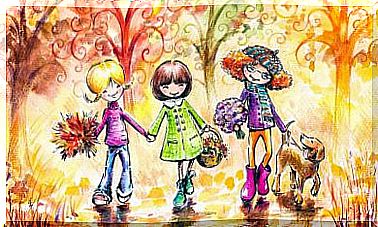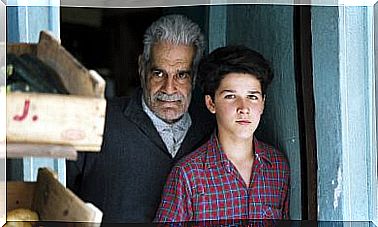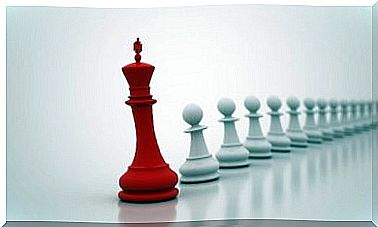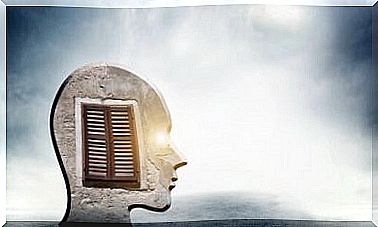What Makes Us Trust Others?

If we look at the number of people who have difficulty trusting others, we can easily see that trust involves risk. It means giving up security, taking the risk that the other will betray us from a position where it can do us a lot of harm. So what makes us trust others? What prompts us to take that leap of faith?
In this dimension, we find very important individual differences: some people trust faster, compared to others who need time and a long list of tests to deliver this same trust. There are those who, in the first instance, always expect the best from others, compared to those who hope, almost by default, that they will be betrayed. But is it just a question of personality?
What makes us trust others?

Our nature
Humans are social beings and, as such, we need social interaction. Establishing meaningful relationships with others is beneficial to our health and belonging is one of our basic needs. However, in addition, socialization is rewarding for us and positively influences our self-esteem and well-being.
Thus, when it comes to strengthening ties and giving way to intimacy, trust in the other is an essential ingredient. It would not be possible to maintain ties of any kind with others without a minimum degree of trust. Thus, our social nature is one of our first motivations to trust.
Previous learning
On the other hand, the ability to trust the other is, to a large extent, learned. It is conditioned by our experiences in the first months of life, by the way in which the people around us taught us to relate to others based on the relationship we established with them. We are talking about the quality of the first bonds of attachment.
If these satisfied our needs in an adequate, consistent and coherent way, a base of trust towards the world would be created in us. On the contrary, if your attention and care were unpredictable and inconsistent, we are likely to experience difficulties in trusting others.
Additionally, all of our later life experiences will have helped to reaffirm or shape this early trend. Our experiences in all the significant relationships that we have contribute to increasing or undermining our ability to trust.
Time
Undoubtedly one of the factors that most influences the trust we place in others is time. When we have just met a person we cannot fully trust them since we still do not know their values and attitudes. Over time, we will be able to verify what type of person he is and how he behaves and based on this we will increase our degree of trust in him.
This happens even in relationships without any emotional component. Let’s think, for example, that we are new to a job. The most logical and expected thing will be that, initially, the trust placed in us will be reduced and as we demonstrate our capabilities we will be assigned greater responsibilities.
Likewise, if we analyze it, we will discover that those people we trust the most are those with whom we have shared a long history. Since over time they have demonstrated stability in their behaviors and attitudes and have contributed to the continuity of the relationship.
Reputation
Finally, let us always remember that our actions speak of us. Thus, the reputation of a person will be essential when deciding whether or not to trust them. When we are dealing with someone we do not know, their reputation (what we have heard about them) will predispose us to be more open or cautious.
With the passage of time, those previous facts that we knew about the other will lose value compared to the quality of the experiences that we have been able to share with him. Trust is gained through actions and it is the behavior of the other that will encourage us to consider them worthy or not of ours.

Adjust our predisposition to trust others
Ultimately, trust is a matter of both who grants it and who receives it. Undoubtedly, most of us need to know, more or less, the other, to trust him. However, there are many people who are prevented by past betrayals from establishing strong bonds.
If this is your case and it makes you feel bad, you can always count on a specialist to help you assess the situation. Your evaluation and your intervention plan will help you find a dynamic of trust exchange that allows intimacy and makes you feel better.









